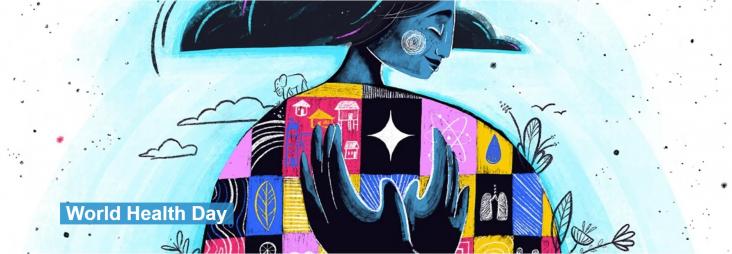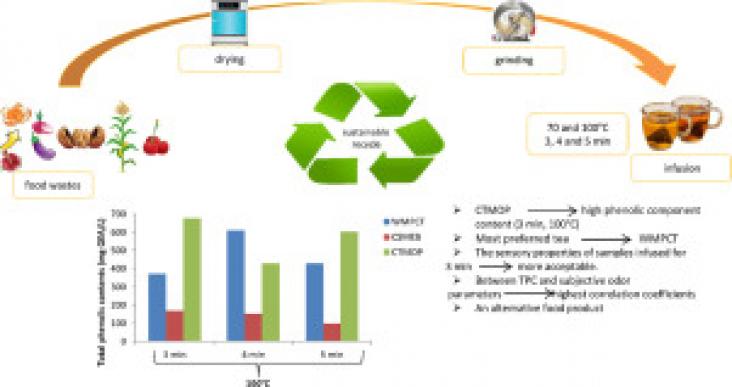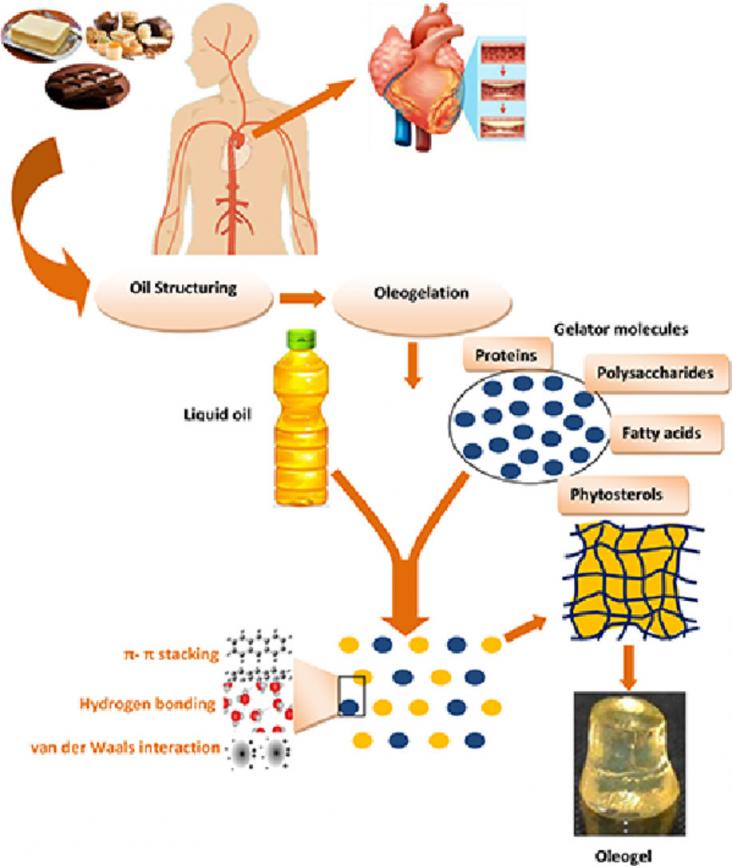Food security is achieved when all people, at all times, have physical and economic access to sufficient, safe, and nutritious food to meet their dietary needs and food preferences for an active and healthy life.

Our planet, our health
Are we able to reimagine a world where clean air, water and food are available to all?
Where economies are focused on health and well-being?
Using agronomic experiment data from 62 studies between 1987 and 2021, we employ a meta-analysis to analyze the factors contributing to the heterogeneous effects of wastewater irrigation on crop yield.

This papers focuses on the reuse of food waste in tea for more sustainable food practices.
The authors of this paper have developed the first known conceptual framework describing how Policy, Systems, and Environmental (PSE) changes are developed based on 3 Native American Nations.
An all-around solution addressing the water-energy-food nexus for remote rural areas.
Background: Air pollution is a risk factor for poor cognitive function, while a plant-based dietary pattern is associated with better cognitive function.
Bioactive Compounds of Winery by-products: Extraction Techniques and their Potential Health Benefits
Applied Food Research, Volume 2, Issue 1, 2022, 100058
Winery by-products used for health benefits.
An Article in support of SDG 2 and 12, providing a comprehensive picture of consumption of total animal-source foods, unprocessed red meat, processed meat, seafood, egg, milk, cheese, and yoghurt consumption in 185 countries among children and adults.

